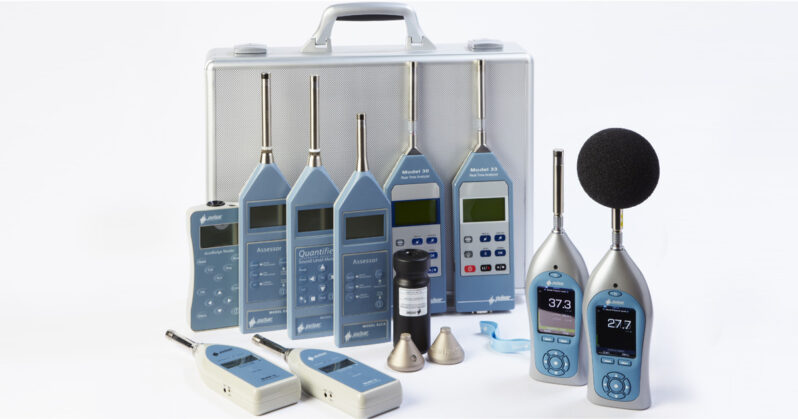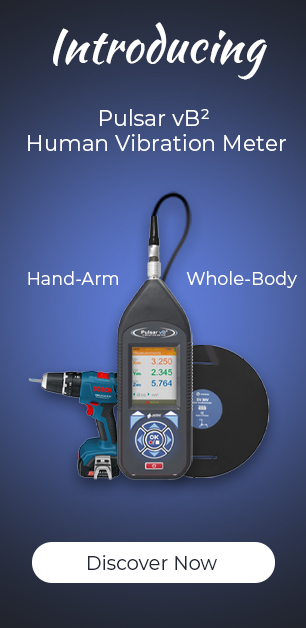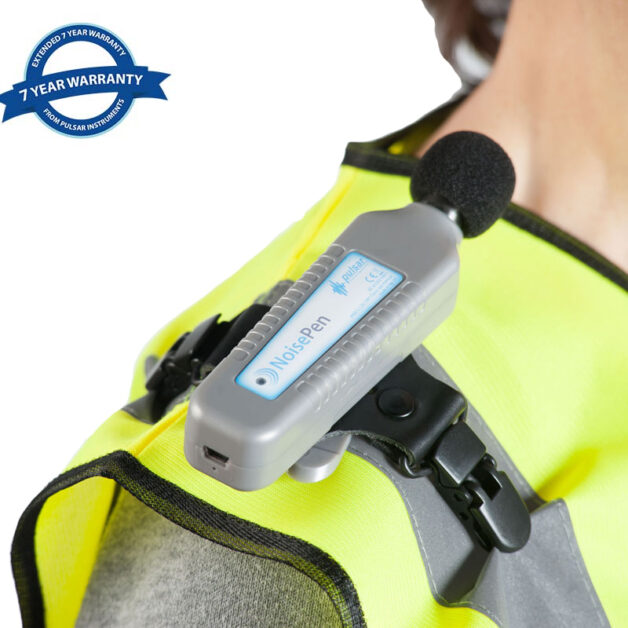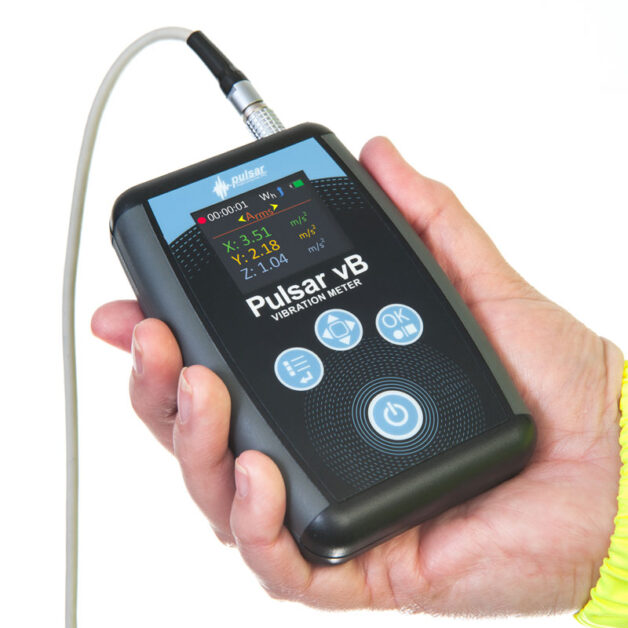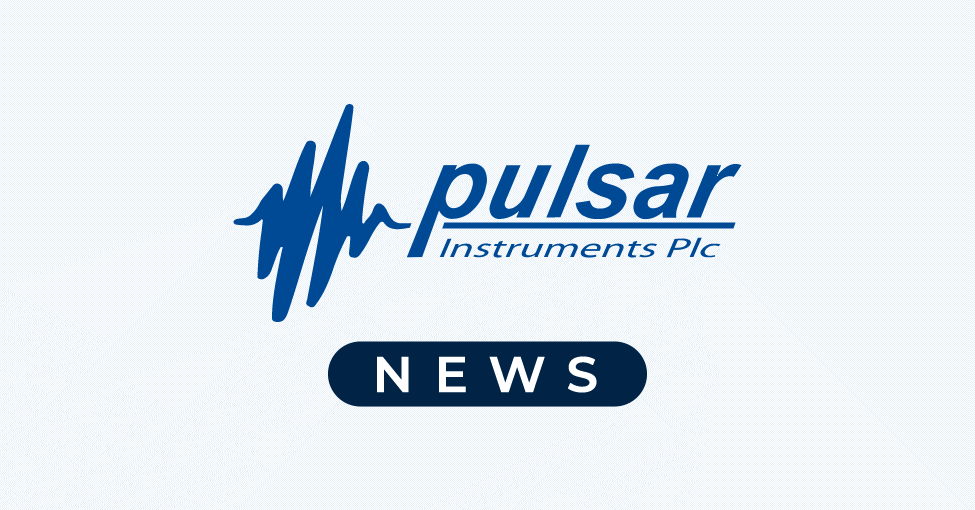What is Calibration?
We often get asked, “Why do I need to calibrate my sound level meter?” The answer is simple, calibration is vital to check that your sound level meter is working properly when you measure noise.
There are two types of calibration:
- Field calibration: the user field calibrates their meter before they begin measuring, and
- Periodic calibration (or verification): calibration (or recalibration) carried by the manufacturer or a calibration house ‘periodically’ (often set by the manufacturer for warranty purposes) to check the instrument is performing as expected.
What is field calibration?
Field calibration should be carried out before you begin your measurements, and when you finish (to check the calibration). If you need to use your measurements in any planning or legal scenario this is vital. This is done using an acoustic calibrator (a Class 1 or 2 reference acoustic source depending on your sound meter). It does not have to be done before and after each measurement, but instead before and after each series of measurements you do. For example, if you are taking several measurements in a factory during the whole day you would be advised to carry out field calibration when you start and then again if you have a break for lunch, and then again when you restart and stop at the end of the day, and so on. This is slightly different in the case of a noise dosimeter, you should field calibrate it before attaching it to the person who will wear it all day, and then you would calibrate it again at the end of their shift when you remove it from them.
If you do not field calibrate your meter your measurements will not be legally compliant with Noise Regulations.
How do I field calibrate my sound level meter?
The Pulsar Nova range of sound level meters is unique in that it prompts you to take this vital step before you start your noise measurements; watch the video to see how to calibrate your noise meter.
1. Switch the meter on and wait for the prompt to calibrate (the Pulsar Nova decibel meters have a unique calibration prompt, so you will never forget!)
3. Switch the calibrator on and insert the microphone into the calibrator
5. Wait until ‘calibration is complete’ signal is given on the display and check that calibration is ‘ok’ (calibrated to 93.7dB or 94dB with a maximum drift or offset of +/-0.3 (anything higher than this and you should check the meter and/or calibrator further).
6. Remove and switch off the calibrator.
You are now ready to take your measurements
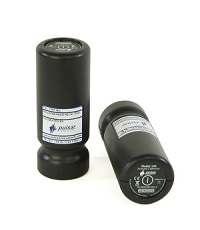
Why do I need to carry out field calibration if I have a valid certificate of calibration?
A sound level meter or noise dosimeter is a precision instrument, and the microphone can easily be knocked and damaged. This damage might not be visible to the human eye so using an Acoustic Calibrator before you make any measurements helps to check that the instrument will measure correctly.
Field calibration is a simple ‘health’ check of the instrument against a known decibel level (usually 94dB or 114dB) at a known frequency (usually 1kHz) using an acoustic calibrator.
What is the Difference between Field Calibration and Periodic Verification?
Using an Acoustic Calibrator only checks one level and one frequency, whereas when you are undertaking a real noise measurement, your instrument will be recording a wide range of frequencies and levels which are combined to provide the noise parameters that you need. Therefore, regular recalibration (or Periodic Verification) is essential to ensure that all of the features and functions of your instrument are working as intended by the manufacturer. This is the process that your instrument will undergo when it is returned to Pulsar Instruments as the manufacturer.
What can’t field calibration do?
A field acoustic calibrator can’t check:
- Your meter works at a wide range of frequencies.
- Acoustic parameters such as LAeq and LCpeak
- That Octave Band Filter or Statistical measurements such as Ln values are working correctly.
- The most important component of all, your microphone at a range of frequencies
- And even more critical, it can’t check itself! (your field acoustic calibrator, needs to be recalibrated /verified too!).
What is Periodic Verification or Recalibration
Recalibration requires a much more extensive range of tests and performance checks to be made and is usually only carried out by the manufacturer in a calibration laboratory, and is the best way to maximise the performance of your sound level meters or noise dosimeters.
Pulsar Instruments plc, the manufacturer of sound measuring equipment, is launching a new campaign to highlight the importance of traceable and regular sound level meter calibration and other precision equipment such as dosemeters and acoustic calibrators.
Buying a Pulsar precision instrument is an investment. As such, it is essential to have any Pulsar meter recalibrated to ensure that measurements remain accurate and compliant under the Noise at Work Regulations. By doing so, customers will avoid any error, especially if measurements need to stand up in a court of law. Furthermore, Pulsar will also ensure that any software updates available are installed, and any updated components or consumables are replaced if required, thus maximising the performance of the equipment.
Pulsar follows strict IS0 standards, which is an assurance to any customer, of the quality of work undertaken and traceability of the service that is provided.
All recalibration tests are performed in-house at Pulsar Instruments plc by dedicated and experienced test engineers.
Upon completion, each instrument is released with a Certificate of Calibration valid for one year and the warranty of each instrument extended for a further 12 months.
To enhance its customer service, Pulsar Instruments plc now offer a fast, efficient and friendly service to make sound level meter calibration as painless as possible.
The company provides a complete package for this service by
- Collecting from customer premises
- Recalibrating and services all equipment in-house
- Delivering all instrumentation back the customer
To find out more about our sound level meter calibration and collection services, please call our office on 01723 518011 and speak to one of our dedicated team members.
